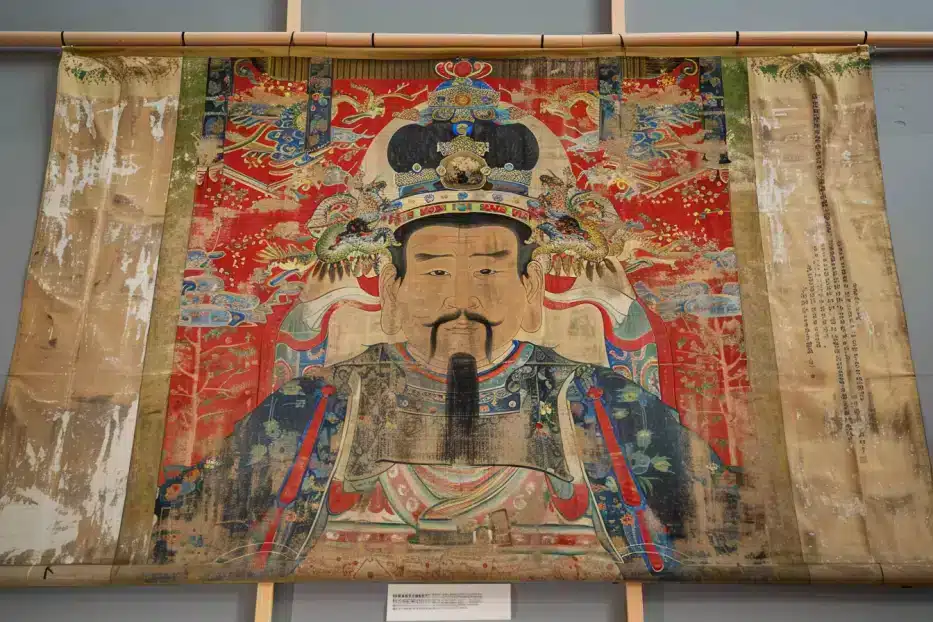In a remarkable act of cultural restitution, the FBI has successfully returned a collection of looted Japanese artifacts to their country of origin following their surprising discovery in a Massachusetts attic. This event marks a significant moment of reconciliation and respect for cultural heritage, shedding light on preserving a nation’s history and identity through its artifacts.
The journey of these artifacts back to Japan began when the family of a deceased World War II veteran stumbled upon a stash of “precious Asian art” while sifting through his belongings. Despite the veteran’s lack of service in the Pacific theater, his attic contained a rich array of Japanese history, including scrolls, pottery, and an ancient map that seemed “old and valuable,” according to Special Agent Geoffrey J. Kelly, the FBI Boston art crime coordinator. Kelly, a distinguished FBI Art Crime Team member, noted the find’s significance, revealing that the scrolls had been listed in the FBI’s National Stolen Art File around two decades prior.
The collection comprised six painted scrolls from the 18th to 19th centuries, a meticulously hand-drawn map of Okinawa—Japan’s fifth-largest island—from the 19th century, and various pottery and ceramics, including plates, bowls, and teapots. Further examination by the Smithsonian Institution’s National Museum of Asian Art in Washington, D.C., unveiled that the scrolls bore vibrant portraits of Okinawan royalty, offering a window into the island’s rich past.
A typewritten letter found with the artifacts corroborated their origins, confirming they were looted in the twilight of World War II. Special Agent Kelly emphasized these items’ cultural and historical weight, stating, “When taken together, they represent a substantial piece of Okinawan history.” He further reflected on the broader implications of such artifacts for a nation’s cultural identity, underscoring their critical role in maintaining the continuity of a culture’s legacy.
The return of these artifacts to Okinawa was completed last week, as announced by the FBI, which also highlighted the ongoing search for several missing Okinawan objects still listed in the National Stolen Art File. This gesture of repatriation symbolizes a step towards healing historical wounds and serves as a poignant reminder of the global responsibility to protect and preserve cultural heritage.
The FBI’s return of these looted Japanese artifacts represents more than just the resolution of a single case of cultural theft. It is a testament to the enduring importance of safeguarding a nation’s history and identity and a reminder of individuals and institutions’ role in stewarding the world’s cultural patrimony. As these pieces of Okinawan history find their way back home, they convey hope for the preservation and respect of cultural heritage worldwide.





